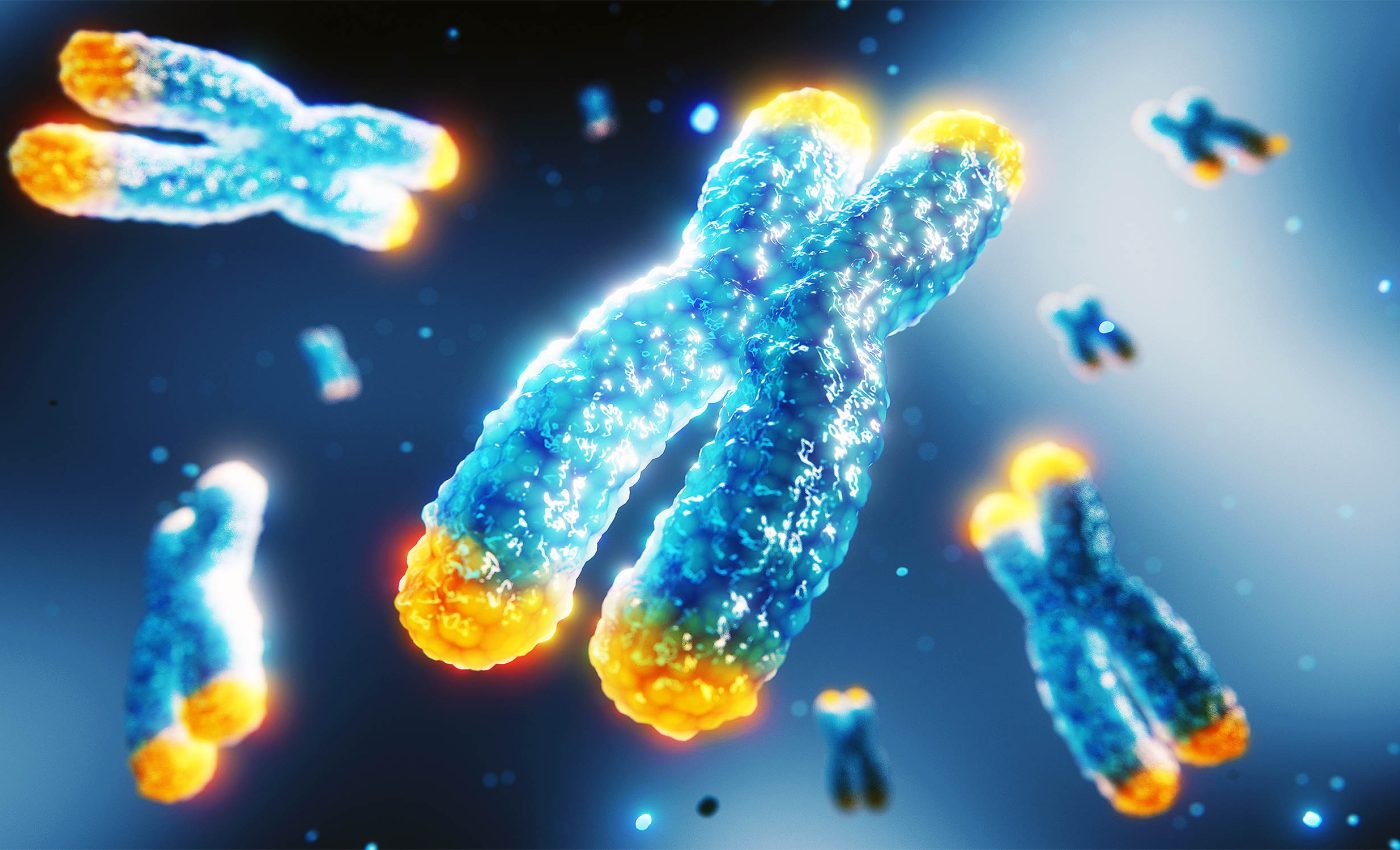
Human bodies undergo very rapid change at two very specific ages
We’ve all heard the saying, “Age is just a number.” But, is it? According to a new study, human aging is so much more than a gradual process of decline. It involves distinct episodes of rapid change, happening at the exact same ages in 81% of all humans.
These pivotal moments in our lives can lead to shifts in various biological processes, influencing everything from metabolism to cellular function.
These findings revolutionize our understanding of aging, urging us to rethink our strategies for staying healthy as we get older.
By focusing on these key age milestones, we can better tailor our approach to fitness, nutrition, and preventive care, ultimately enhancing our quality of life in our later years.
Two stages of rapid human aging
For a long time, we’ve imagined aging as a slow and constant process, akin to the hands of a clock, tick-tocking their way through time. But Michael Snyder, Chair of Genetics at Stanford School of Medicine, and his new research paints a different picture.
By studying the biological data of 108 people aged between 25 and 75, the team identified 135,000 changes in various molecules and microbes within our bodies.
Their results showed a whopping 81% of these molecules showed drastic shifts around the ages of mid-40s and early 60s. According to Snyder, this is a game-changer in anti-aging research.
At 44, our bodies witness a significant change in molecules linked with metabolism — like those connected to alcohol, caffeine, and lipids.
And, by the time we hit 60, other shifts occur impacting immune regulation, carbohydrate metabolism, and kidney function.
These results suggest that our bodies are not simply wearing down slowly, but instead, are undergoing sudden changes that may explain many age-related health issues.
Connection between microbiome and aging
Our bodies are bustling with life, and I’m not talking about us. I’m referring to the myriad bacteria, viruses, fungi, and other microorganisms that call us home.
This thriving community, the microbiome, plays a crucial role in our health, influencing everything from digestion to immunity. Snyder’s research throws light on the link between our microbiome and aging.
Their findings suggest that our microbiome composition experiences notable shifts around the ages of 44 and 60, possibly contributing to the health challenges we face as we age. This discovery paves the way for newer strategies focusing on healthier aging.
Human aging and disease
Snyder’s research also uncovers the link between aging and disease. Molecules associated with cardiovascular disease, a leading cause of death worldwide, show significant changes during the two periods identified in the study.
Similarly, our immune function, the body’s defense system, undergoes critical alterations around age 60.
Dr. Xiaotao Shen, a fellow researcher on the team, noted noticeable shifts in molecules linked to cardiovascular health, skin and muscle maintenance, and metabolism at these particular ages.
It suggests that our risk for conditions like Alzheimer’s disease and heart disease could spike at specific times in our lives, rather than increasing slowly.
Personal lifestyle choices and aging
Do your daily choices affect how you age? Snyder’s team firmly believes so. They’re particularly interested in lifestyle factors like alcohol consumption.
For example, alcohol metabolism begins to slow down in your mid-40s, a period often full of career pressures, family responsibilities, and personal challenges.
These lifestyle changes can trigger a chain reaction of molecular alterations, affecting everything from cardiovascular health to skin elasticity.
But the silver lining here is that these are “modifiable factors.” By managing stress, eating a balanced diet, and exercising regularly, we might slow down or even offset some of these molecular shifts.
Genetic connection found in human aging
Our genes also play a crucial role in how we age. Every individual has a unique genetic blueprint that determines susceptibility to certain health issues as we get older.
By identifying these markers, researchers can start to develop personalized approaches to healthcare.
How exciting is the idea that you could know in advance your likelihood of experiencing certain age-related conditions and taking specific steps to prevent them?
This could transform our approach to aging, facilitating tailored interventions that could enhance our quality of life as we age.
Redefining aging: How does this impact you?
So, how can we apply these insights to our lives? Snyder suggests that giving closer attention to our health in our 40s and 60s could make a difference.
Simple actions, like boosting physical activity, improving your diet, and reducing alcohol, could delay the onset of age-related changes.
The revelations from Snyder’s research challenges our conventional views on aging, providing fresh perspectives on how and when our bodies change.
By understanding these critical periods of rapid transition, we’re better equipped to prepare for the years ahead.
These insights beg the question: how will you approach aging in the future? Your insights and strategies are welcome in the comments below!
The full study was published in the journal Nature Aging.
—–
Like what you read? Subscribe to our newsletter for engaging articles, exclusive content, and the latest updates.
Check us out on EarthSnap, a free app brought to you by Eric Ralls and Earth.com.
—–













